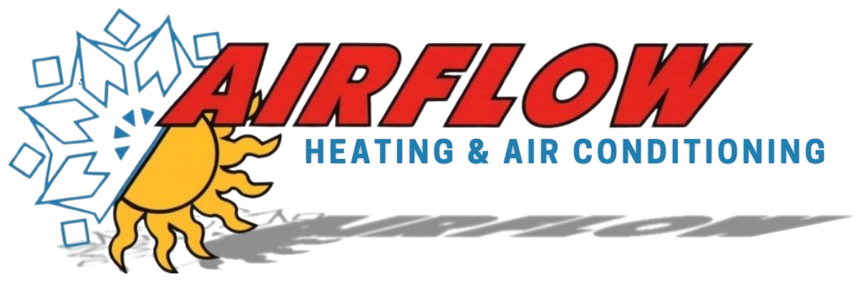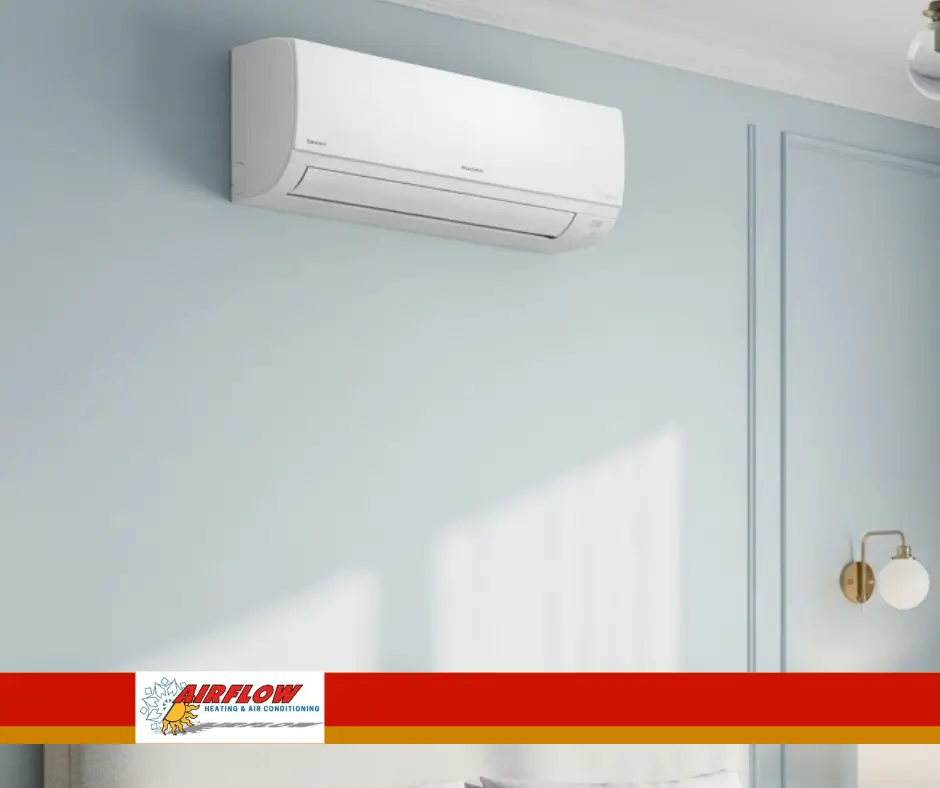When it comes to air conditioning repair, one issue homeowners often overlook is a clogged AC drain line. While it might seem like a minor problem, a blocked drain line can lead to serious damage to your HVAC system and even your home. Here’s how to spot the signs of a clogged drain line and what you can do to prevent costly repairs.
1. Understanding the AC Drain Line
Your air conditioner not only cools the air but also removes humidity. This moisture collects as condensation and needs a place to go — that’s where the drain line comes in. The drain line carries the water safely outside your home, keeping your system running efficiently.
Why It Matters:
- A clogged drain line can cause water damage to your home’s walls and ceilings.
- It can also lead to mold growth, which can harm your indoor air quality.
2. Signs of a Clogged Drain Line
Spotting a clogged drain line early can help you avoid bigger problems and the need for emergency air conditioning repair. Watch out for these signs:
- Water Leaks: If you see water pooling around your indoor AC unit, it could be a sign that the drain line is clogged and water has nowhere to go.
- Musty Odors: A clogged drain line can cause stagnant water to collect, creating a musty or moldy smell in your home.
- AC System Shuts Off: Many modern air conditioning systems have a safety switch that turns off the unit if a clog is detected to prevent water damage.
3. Causes of Clogged Drain Lines
Several factors can contribute to a clogged AC drain line, including:
- Dirt and Debris: Dust, dirt, and pet hair can collect in the drain line over time, blocking the flow of water.
- Algae and Mold: In humid environments, mold and algae can grow inside the drain line, causing blockages.
- Improper Maintenance: Skipping routine maintenance can allow small issues to build up, leading to bigger problems later.
4. How to Prevent Clogged Drain Lines
Preventing a clogged drain line is easier than dealing with an expensive air conditioning repair. Here’s how:
- Regular Maintenance: Schedule an annual AC tune-up with a trusted HVAC professional. They’ll inspect and clean the drain line as part of their service.
- Use a Wet/Dry Vacuum: Every few months, use a wet/dry vacuum to clear the drain line of any buildup.
- Algae Tablets: Some homeowners use specialized tablets that prevent algae growth in the drain line.
Pro Tip:
If you’re not comfortable cleaning the drain line yourself, don’t hesitate to call a professional specializing in air conditioning repair to ensure it’s done safely and effectively.
When to Call for Professional Help
While some basic maintenance can be done at home, there are times when it’s best to leave it to the pros. If you notice persistent leaks, strange smells, or your AC unit keeps shutting off, it’s time to call a professional for air conditioning repair. A trained technician can diagnose the problem, clear the drain line safely, and ensure your system is back to working efficiently.
Final Thoughts
Clogged drain lines are a common problem in air conditioning systems, but with a little care and attention, they’re easy to prevent. Stay on top of maintenance and know the warning signs so you can avoid costly air conditioning repair down the road. A cool, comfortable home is just a few simple steps away!
READ MORE:





